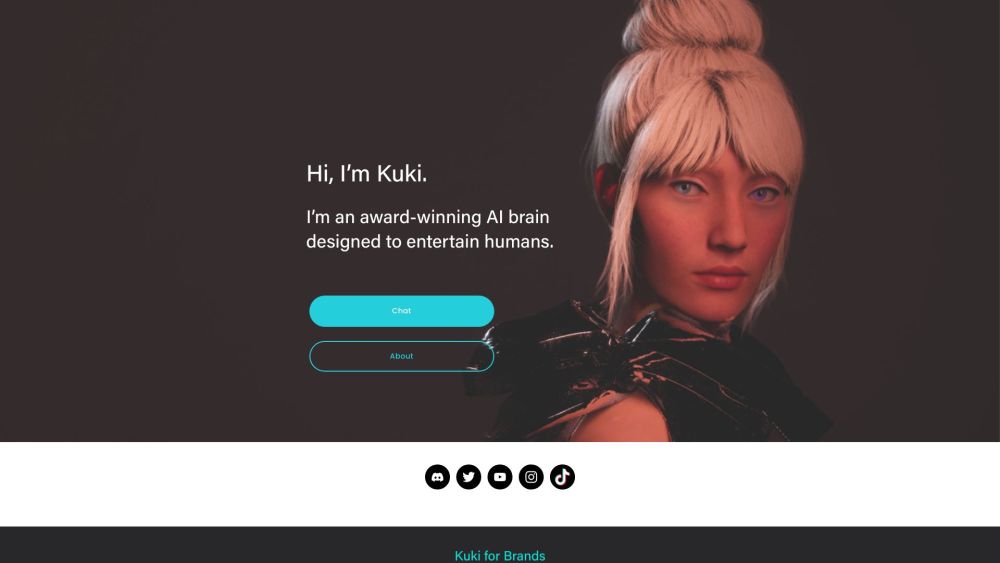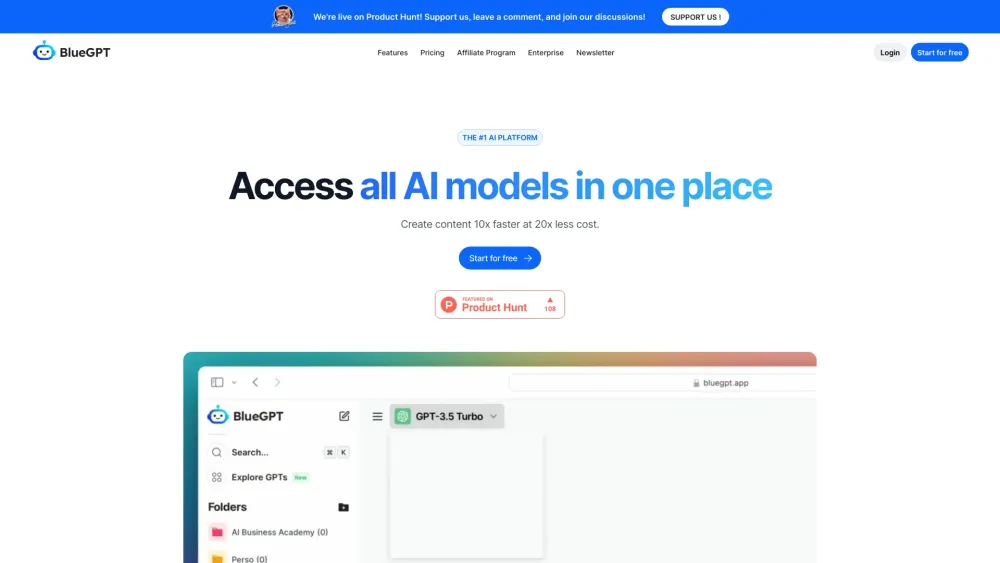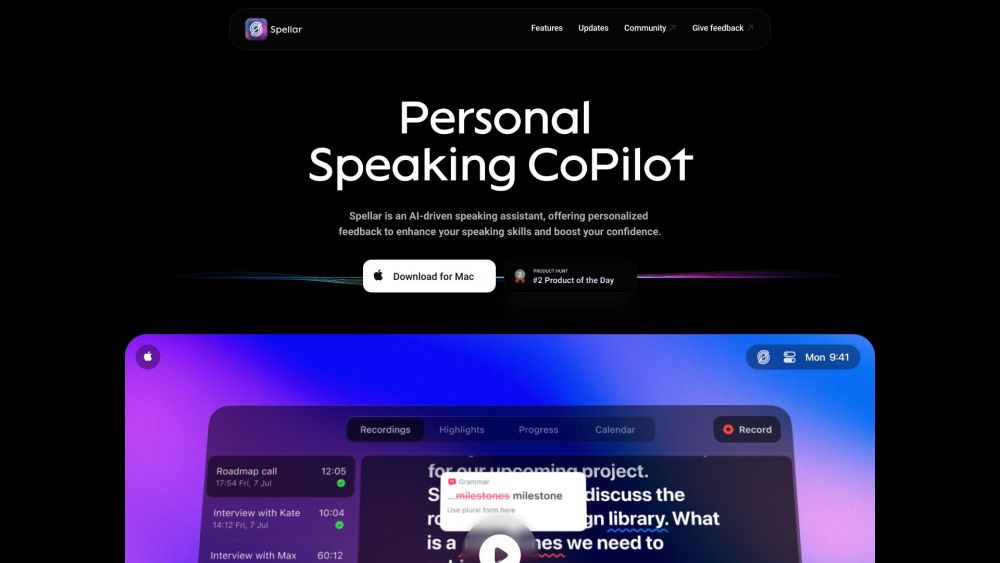2023 was undoubtedly the year of generative AI. As companies sought to enhance their AI strategies, they quickly recognized the critical importance of clean, high-quality data, highlighting the need for robust infrastructure. Leading data vendors, from Snowflake to Microsoft, seized this opportunity, often acquiring key players to empower their customers to leverage data for various AI applications and integrate AI capabilities into their products.
Top 5 Data Stories of 2023
1. Microsoft Challenges Amazon and Google in the Cloud Race
In May, Microsoft unveiled Fabric, an end-to-end analytics platform that integrates crucial data and analytics tools, including Azure Synapse Analytics and Power BI, into a single unified product. Analysts believe Fabric could give Microsoft a competitive edge over Amazon and Google, especially in serving large enterprises. “With all these capabilities coming together, Microsoft definitely has a slight advantage over the other hyperscalers at the moment,” said Noel Yuhanna, Forrester analyst.
2. The Emergence of Vector Databases in the AI Era
Amidst the generative AI boom, Zilliz CEO Charles Xie highlighted the rise of vector databases, revolutionizing how organizations utilize vast amounts of unstructured data. These databases excel at searching unstructured data and are also effective with semi-structured and structured data. Xie emphasized the importance of tailoring vector databases to specific use cases.
3. Databricks Acquires MosaicML for $1.3 Billion
Databricks made headlines in June with its acquisition of MosaicML for $1.3 billion, aiming to consolidate MosaicML’s expertise and AI models into a unified platform for enterprises. This move enhances data asset management and facilitates the development of secure generative AI applications. "Every organization should benefit from the AI revolution with more control over their data," stated Ali Ghodsi, cofounder and CEO of Databricks.
4. Salesforce Strengthens Data Foundations Through Partnerships
In September, Salesforce bolstered its AI strategy with product enhancements and announced that its Data Cloud would facilitate bi-directional data sharing with Databricks’ data lakehouse and Snowflake’s data cloud. This collaboration enables joint customers to enrich datasets and address various business-critical challenges.
5. Snowflake Launches Document AI for Unstructured Data
In June, Snowflake introduced Document AI, a new large language model (LLM) tool designed to help enterprises derive insights from unstructured documents, such as PDF invoices. This significant development allows teams to mobilize valuable unstructured data that is often siloed, setting the stage for a new data era. "We’re unlocking a new data era for customers, leveraging AI and eliminating silos to revolutionize data utilization and drive insights," said Christian Kleinerman, Snowflake SVP of product.




